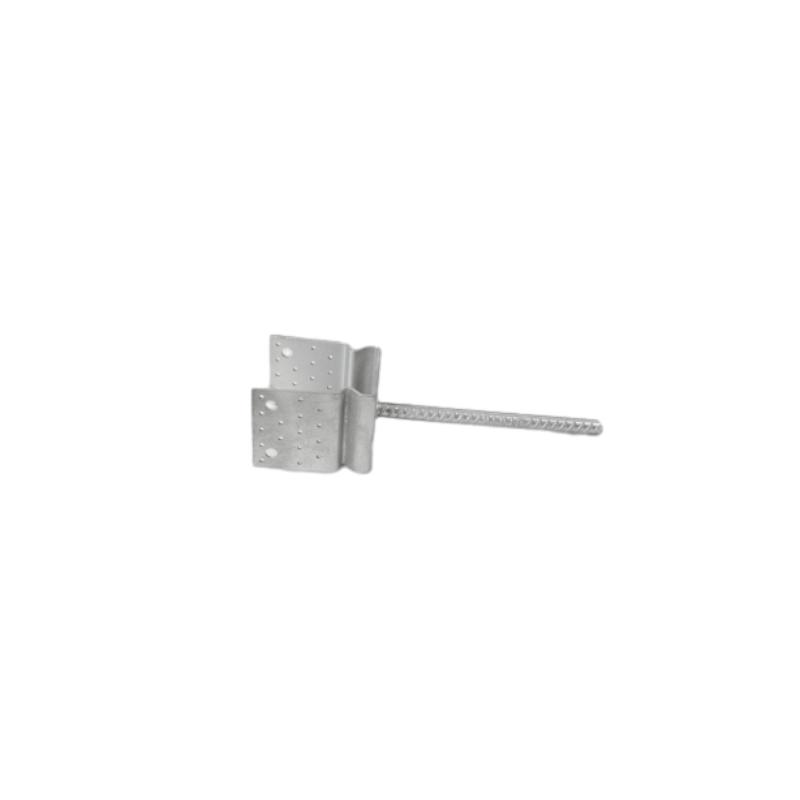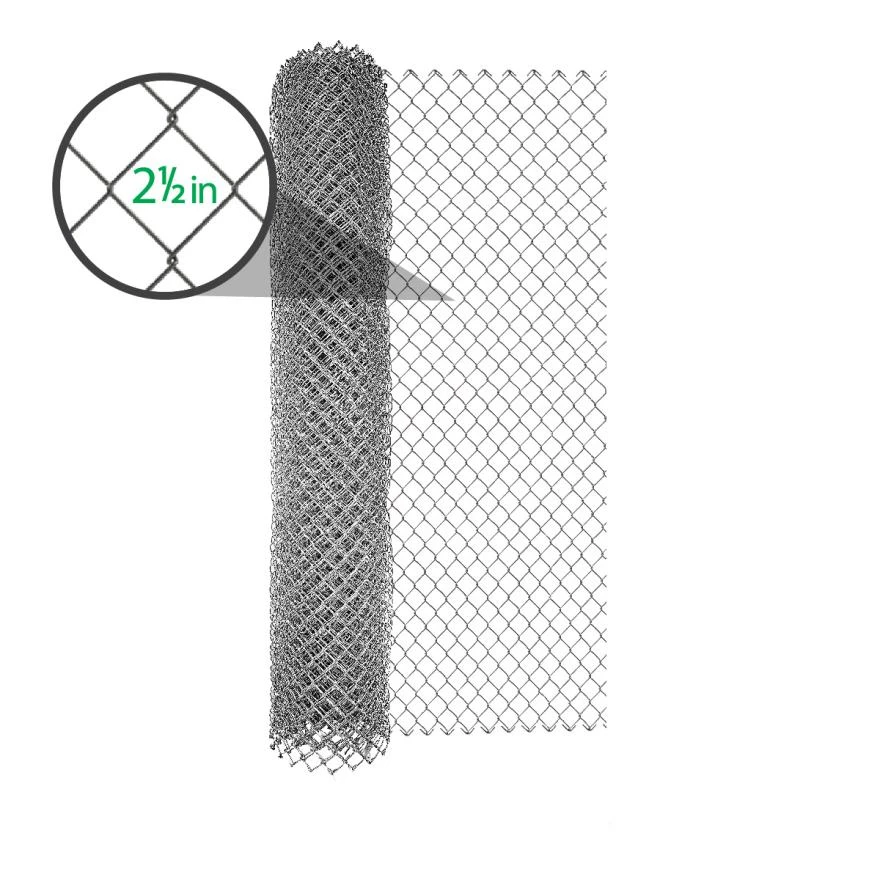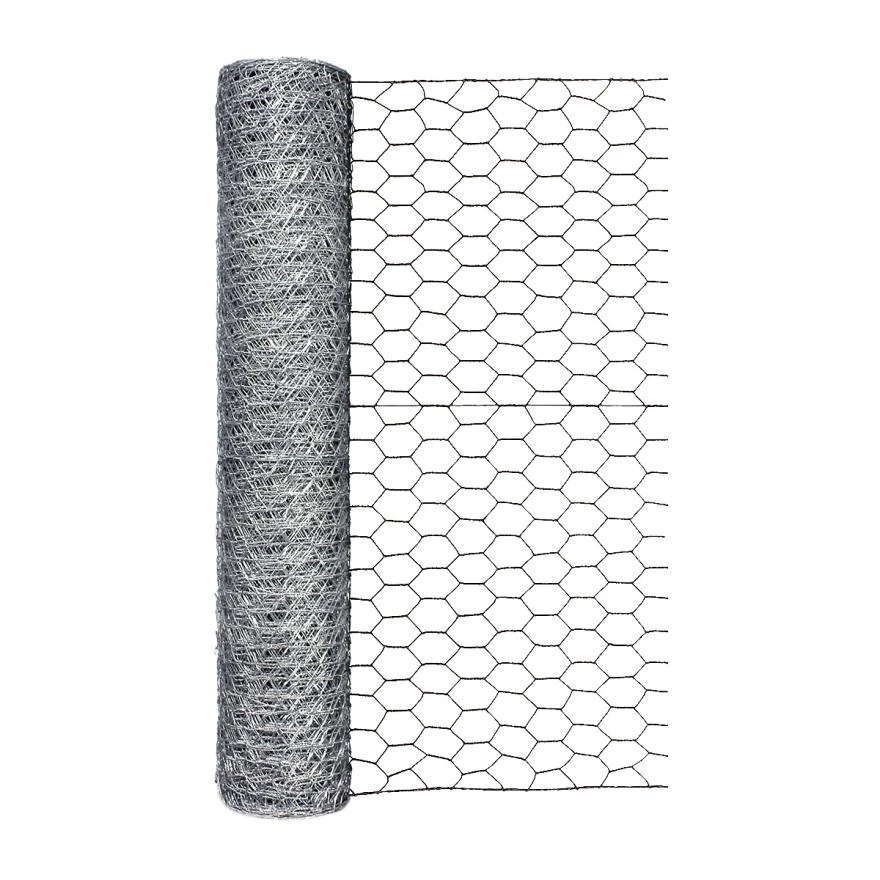Durable Fiberglass Wire Mesh for Versatile Applications in Construction and Home Improvement Projects
Jul . 27, 2024 04:58
The Versatility and Applications of Fiberglass Wire Mesh
Fiberglass wire mesh is a highly adaptable material that has gained popularity in various industries due to its strength, durability, and resistance to environmental factors. Made from woven strands of fiberglass coated with a protective layer, this mesh serves versatile functions across multiple applications, ranging from construction to agriculture.
Composition and Manufacturing Process
Fiberglass wire mesh is commonly made from finely drawn fibers that are woven together, creating a robust yet lightweight grid. This mesh is typically coated with a PVC layer, which enhances its resistance to moisture, mold, and UV radiation. The manufacturing process involves several steps, including fiber production, weaving, and coating, which collectively ensure a high-quality product designed to withstand harsh environments.
Applications in Construction
One of the primary uses of fiberglass wire mesh is in the construction industry. Builders utilize it for reinforcing concrete structures and walls due to its excellent tensile strength. By incorporating fiberglass wire mesh into concrete, the risk of cracking is significantly reduced. Furthermore, its lightweight nature contributes to reduced labor costs and overall material expenses. Fiberglass mesh is also used in plastering applications, enhancing the durability of external surfaces against environmental factors such as wind and rain.
Moreover, its flexibility allows for easy installation in various shapes and sizes, making it an essential component in both residential and commercial construction projects. It can also be employed in composite materials, where it provides additional strength and flexibility, offering builders innovative solutions for modern architecture.
Agricultural Applications
fiberglass wire mesh

In agriculture, fiberglass wire mesh proves invaluable in various capacities. It is often used in the production of fencing materials for livestock containment and crop protection. The mesh is corrosion-resistant, ensuring longevity in outdoor settings where exposure to moisture and chemicals is common. Additionally, because it is less susceptible to rust compared to metal counterparts, fiberglass mesh is a preferred choice for gardens and nurseries.
Fiberglass wire mesh also plays a role in agricultural drainage systems. It can be utilized to create barriers that prevent soil erosion while allowing water to drain through, thereby maintaining the health of crops and fields. This characteristic is particularly beneficial in areas prone to flooding or heavy rainfall.
Benefits of Fiberglass Wire Mesh
The advantages of fiberglass wire mesh are numerous. Its lightweight nature makes it easy to handle and install, reducing overall labor costs and time. Furthermore, unlike traditional metal mesh, fiberglass does not corrode or rust, resulting in a longer lifespan and lower maintenance costs. The material is also non-conductive, making it a safe option in applications where electrical conductivity could pose a risk.
Additionally, fiberglass wire mesh is fire-resistant and can withstand high temperatures without degrading, further expanding its utility across various sectors. Its versatility ensures that it can be used in a wide range of applications beyond construction and agriculture, including automotive, marine, and manufacturing industries.
Conclusion
In conclusion, fiberglass wire mesh is a material that stands out due to its versatility, durability, and resilience. Its wide range of applications in construction, agriculture, and beyond demonstrates its importance in modern manufacturing and design. As industries continue to evolve and demand more innovative solutions, fiberglass wire mesh will undoubtedly play a crucial role in shaping the future of materials engineering. Whether reinforcing structures or protecting crops, its advantages make it an indispensable asset in multiple sectors.









 Unity
Unity Creation
Creation Challenge
Challenge Contribution
Contribution










